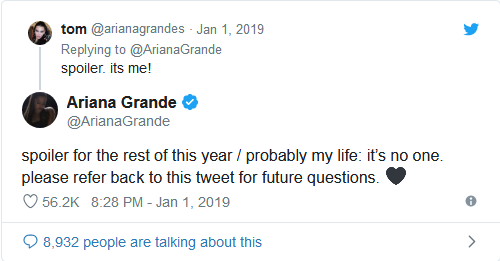Wade Robson and James Safechuck
The two men at the center of Leaving Neverland, an upcoming HBO documentary about sexual abuse allegedly perpetrated by Michael Jackson, are speaking out. Wade Robson and James Safechuck sat down for an interview with Gayle King on CBS This Morning, released Thursday, and shared disturbing descriptions about the alleged abuse they suffered at Jackson’s hands.They also rebuked fiery denials from members of the Jackson family—who have gone on the offensive about the documentary, claiming that both men are simply looking for money and attention. (Before his death in 2009, Jackson repeatedly denied allegations that he sexually abused children; he settled one case in 1994 after a civil lawsuit, and was acquitted in 2005 after being indicted on four counts of molesting a minor, among other charges.)
“It’s an old argument,” Safechuck said in the interview, referring to the family’s accusations. Regardless, he continued, he’s “fighting back for little James. Nobody fought for me as a kid, but I’m old enough now to fight for myself.”
Both Robson and Safechuck, who are now 36 and 41, respectively, were drawn into Jackson’s circle from a young age. Safechuck first met Jackson when he was cast opposite the singer in a Pepsi commercial, while Robson was a young dancing prodigy who appeared in several King of Pop music videos. Both claim that Jackson sexually abused them for years, with Robson claiming that he was abused from age 7 to 14. He said that Jackson slowly conditioned him for a physical relationship, being affectionate and touching him over his clothes until things eventually progressed. “A couple days prior to the abuse starting, he started touching me . . . There had been this development of physical closeness that was happening already that felt like a father, it just felt amazing,” Robson said.
Safechuck similarly claimed that his sexual relationship with Jackson began at an early age and progressed rapidly. “He introduced me to masturbation,” Safechuck said. “He said I taught him how to French kiss.” As a child, Safechuck said, he characterized theirs as a loving relationship before later realizing it was abusive. In a later part of the interview, he said that even today, he has “mixed feelings” about the singer. “There’s still a bit of love. It’s almost like a guilt for saying the truth, like I’ve betrayed him. I still have [that] old wiring,” he said. “My understanding of my relationship with him, it needs a lot of work.”
The Jackson estate has been on the offensive since the documentary first debuted at Sundance, slamming HBO with a $100 million lawsuit and citing the prestige network’s “reprehensible disparagement” of the late entertainer. The estate’s legal team has also claimed that Leaving Neverland director Dan Reed did not try hard enough to solicit a response from the Jackson estate to include in the film, thus creating an unfair portrait of the singer and his alleged behavior. The documentary does include video of Jackson verbally denying the allegations.
Robson in particular has also come under scrutiny by Jackson fans because of his decision to testify on Jackson’s behalf at the singer’s 2005 trial. Robson denied then that Jackson ever molested him. In the CBS interview, Robson addressed that decision, saying he wishes now that he had been ready to come forward and help the accuser: “I wish that I could have played a role in, at that point, stopping Michael from abusing however many other kids he did after that.” Safechuck, meanwhile, said he firmly believes “there are others out there” with abuse allegations against Jackson. “But I also don’t expect them to just come out now that we’re coming out. It’s such a difficult thing to do.”
It’s been so difficult that Robson said if he hadn’t become a father, he might not have come forward—something he also mentions in the documentary itself. “If I never had a son, I might still be in silence. I think there’s a really good chance,” Robson said. “Would I have taken this to my grave? I certainly planned on doing that,” Safechuck added later.
Source : Vanity Fair
















